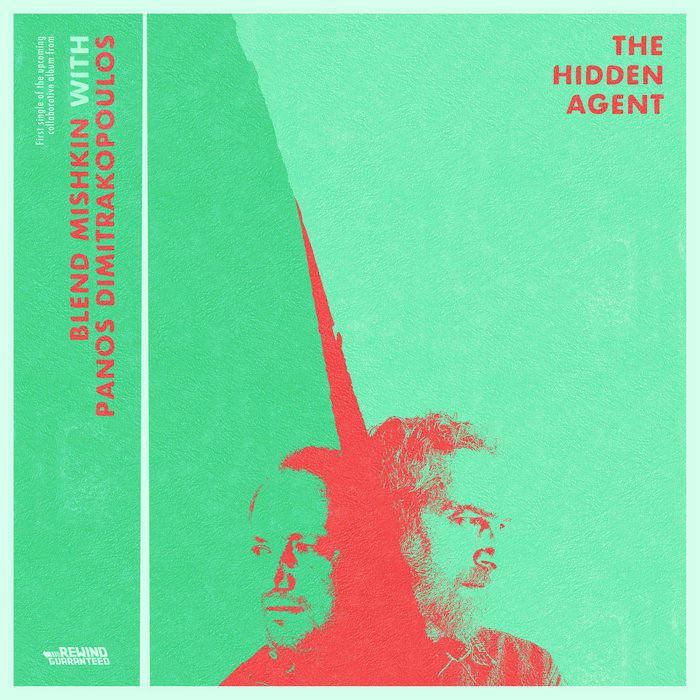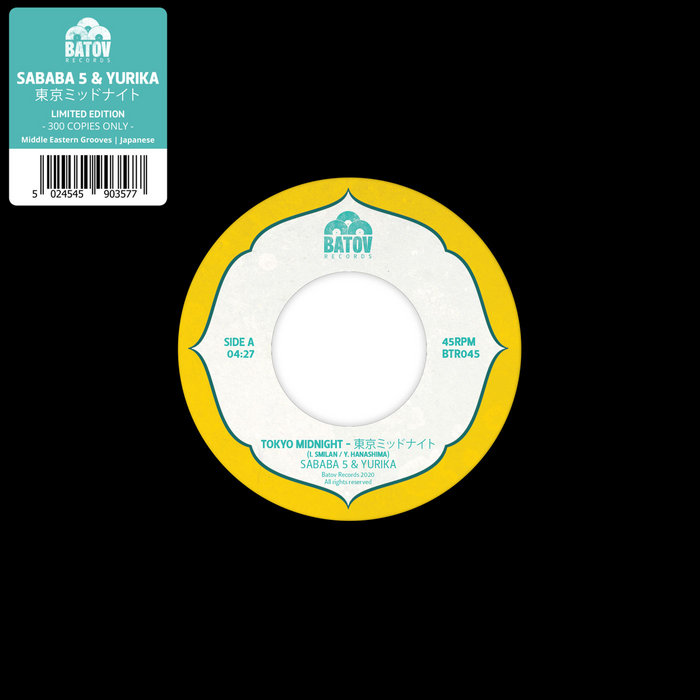
The Hidden Agent – Blend Mishkin & Panos Dimitrakopoulos
this blog is GROOVY – check out great Soul, Funk, Jazz, Hip Hop, Bass, Breaks , Reggae, House n many more TUNES
Ah, Arabic music! It’s like a rich tapestry woven together with threads of tradition, history, and really catchy beats. From the bustling streets of Cairo to the hot sands of the Arabian Peninsula, this genre has been capturing hearts for centuries. Let’s groove our way through its fascinating journey, sprinkled with some fun facts about musicians that’ll make you chuckle!
To kick things off, we need to rewind thousands of years. That’s right—Arabic music’s roots stretch back to ancient civilizations like Mesopotamia and ancient Egypt. Imagine Pharaohs throwing epic parties while musicians played lyres and flutes! Fast forward a bit (okay, a lot!), and we hit the Golden Age of Islam during the 8th to 13th centuries when music was not only celebrated but studied rigorously.
In this era, instruments like the oud (a pear-shaped stringed beauty) and qānūn (a zither-like instrument) became popular. You could say these guys were all about “stringing” things along!
And here’s a funny tidbit: Some musicians believed strongly in luck—and they often wouldn’t perform unless they had their lucky socks on! Imagine an oud player frantically searching for his favorite polka-dot socks before hitting the stage!
By [insert cool year here], something magical happened—the birth of Tarab! This musical form is all about emotional connection; it aims straight for your soul…or at least your tear ducts. Instrumentation can vary from ecstatic violins to tantalizing percussion—everyone gets involved!
Fun fact alert: One famous singer once said he refused to perform unless he had five cups of coffee beforehand because he genuinely believed that caffeine fueled his vocal cords! Talk about needing your daily grind!
Moving onwards to modern times—welcome to fusion city! As cultures collided over trade routes and migration patterns, influences from Western music began seeping into Arabic sounds like sugar in sweet tea. Genres began mixing faster than a DJ at a wedding party; you’ve got everything from pop-rap infused rhythms to electronic dance beats blending seamlessly with traditional sounds.
Here’s another quirky story: An Egyptian rapper once performed in front of confused sheep farmers who accidentally wandered into his concert thinking it was just another town meeting—they left saying they’d never heard anything quite as ‘baaa-rilliant’ before!
You can’t talk about Arabic music without mentioning some legends who rocked our world:
But here’s where it gets hilarious: Umm Kulthum had such an intense following that fans would literally faint at her concerts—it was less concert-goers enjoying good vibes and more like dramatic theater shows unfolding live!
As we bounce towards contemporary times—hey there new millennium—you’ll find young artists popping up everywhere making waves in genres unfathomable just decades ago! Arab hip hop? Yes please! It addresses social issues through rap while keeping everyone grooving hard on those beats.
Did you hear about one young artist whose guitar broke mid-performance? Instead of panicking or stopping completely—which would have been logical—he hilariously improvised by using empty water bottles as makeshift percussive instruments…his next big single turned out great too titled “Bottled Beats”!
With globalization stirring up diverse mixes even further—the beautiful thing is how each artist develops their own unique flavor while still holding tight onto what makes Arabic music so special.
Concrete jungles breathe life into mahraganat, an upbeat genre hailing mostly from Egypt full-on partying vibe catching everyone—from trendy cafés in Beirut right down alleyways lit by fairy lights—all dancing together under one massive sky full stars above them singing along!
And have I mentioned how many viral challenges there are now based around traditional dances? TikTok has become unintentional partners-in-crime reviving age-old steps mixed alongside Michelin-star recipes (yes those foodie videos) ruling feeds worldwide nowadays too which might lead us back home—isn’t technology totally wild?
So here we are dancing through time—from ancient festivities echoing across deserts steeped within mystique leading finally towards contemporary fusions lifting spirits high today still engaging millions worldwide enthusiastically striving keep alive legacy passed down loyally over generations past present future alike—we’ve gotta admire resilience within art forms transcending limitations ultimately celebrating culture sharing joy crossing borders melting away barriers using nothing other than simply sound vibrations acting magic beyond comprehension altogether making unforgettable memories forevermore.
Go ahead folks let loose embrace creating whatever comes naturally shout loud sing proud break free join movement putting swagger fresh air longing rhythm deep heartbeats filled laughter pure bliss experiencing wonders waiting happen step forth now allow melodies show path whenever needed most…after all isn’t life merely soundtrack playing background set each stage expertly craftedgiggles.

The Hidden Agent – Blend Mishkin & Panos Dimitrakopoulos

Tokyo Midnight – 東京ミッドナイト – Sababa 5